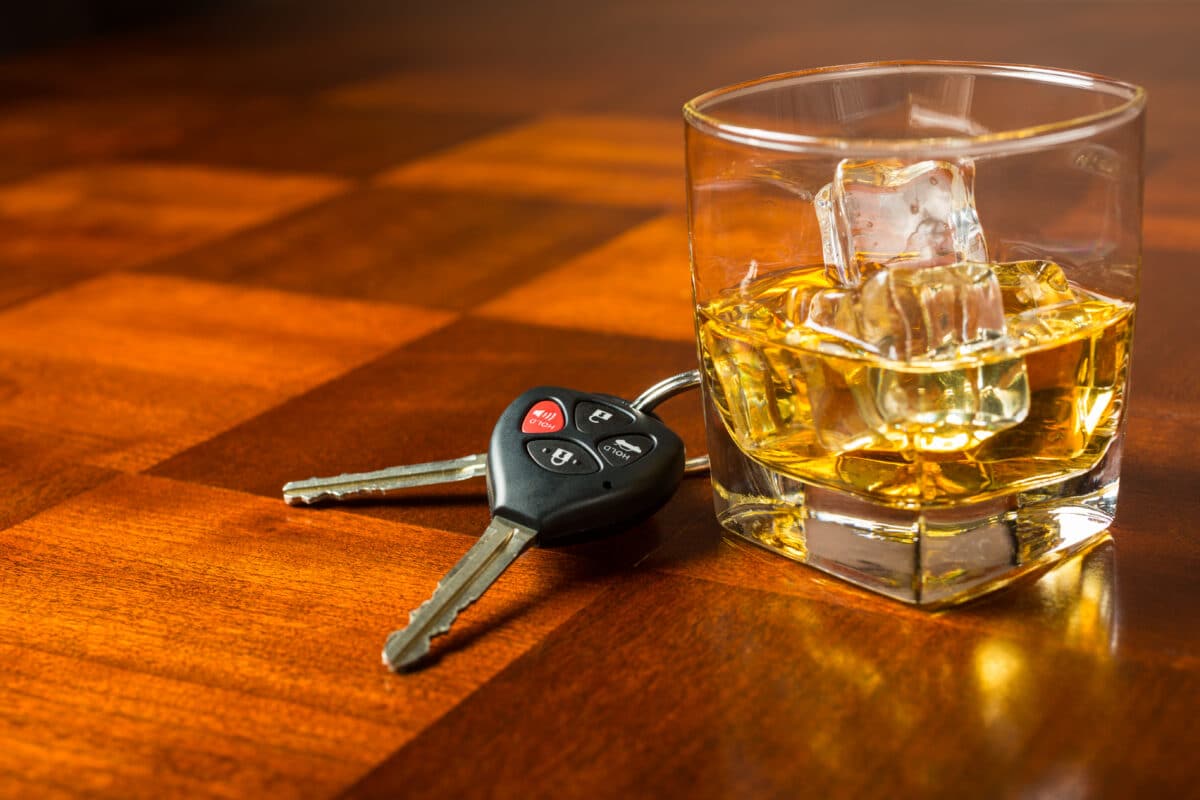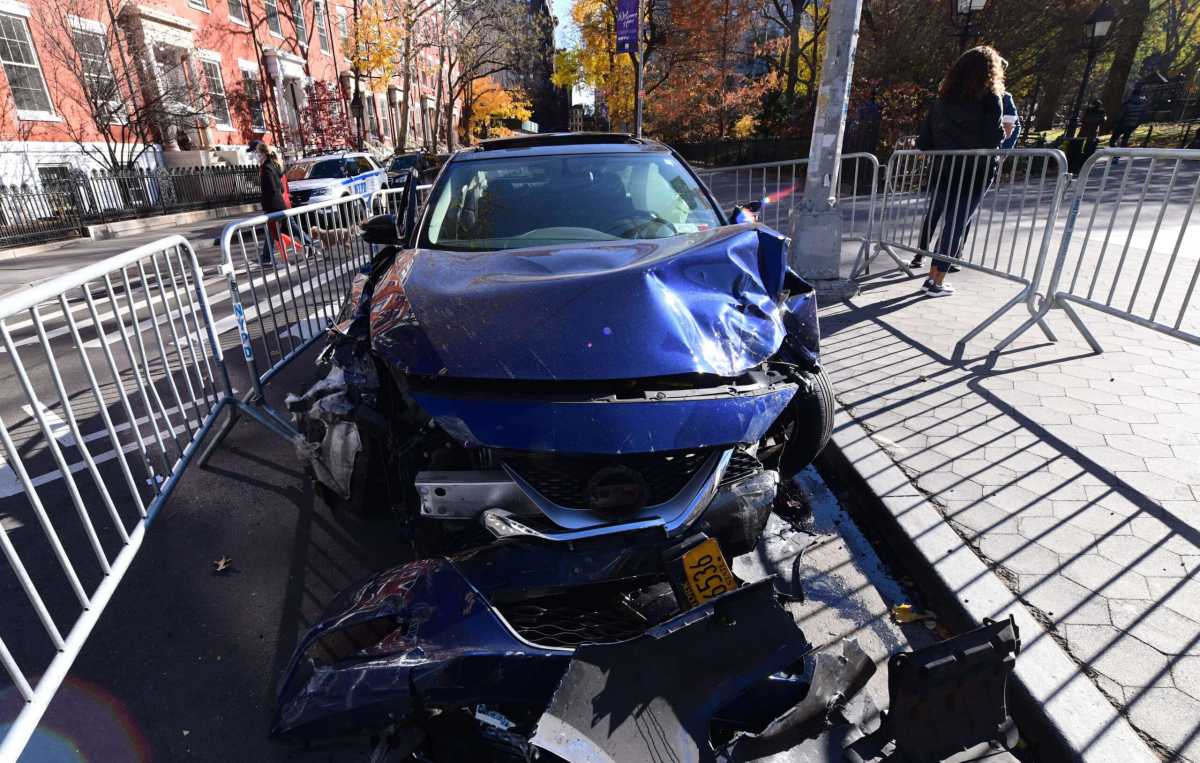Don’t even think of getting behind the wheel on New Year’s if you’re planning to knock back drinks while celebrating.
That’s the message from the NYPD and the city’s Department of Transportation (DOT) as they launched on Thursday an aggressive drunk driving campaign aiming to keep dangerous inebriated motorists off the roads and prevent needless tragedy as the calendar turns to 2024.
Expect to see NYPD officers — including the Highway Patrol and local precincts — out in force throughout the holiday weekend tracking and stopping those who are speeding and/or recklessly driving around the Five Boroughs. The Department of Transportation’s network of speed cameras are also active and part of the enhanced enforcement effort.
For Police Commissioner Edward Caban, the effort is all about saving lives while keeping the holidays festive, not funereal. And New Yorkers themselves must do their part; Caban said New Yorkers of the legal age should drink responsibly when they party, but let someone sober do the driving for them.
“Heading into the new year, all New Yorkers must make a collective commitment to prioritize safety on our roadways,” said Caban in a Dec. 28 statement. “We invite everyone to thoroughly enjoy their New Year’s celebrations, but to do so responsibly. As police officers intensify enforcement efforts and focus on impaired drivers, revelers should pre-plan: Take mass transportation, a taxi, or call a friend or family member for a ride. Remember, public safety is a shared responsibility, and the life you save could be your own.”
Driving while intoxicated (DWI) is a serious offense in New York punishable by hefty fines, license suspension/revocation and even prison, according to the state Department of Motor Vehicles. Any driver who registers a blood alcohol content (BAC) level of .08 or higher on a police-administered or court-authorized test is considered intoxicated.

How fast a person becomes drunk is dependent upon their body size, weight and gender, along with how much and how often they have consumed alcohol in a given period of time, and the amount of food eaten before or while drinking, the DMV noted. Some people can become legally intoxicated with as little as one drink, depending on the circumstances.
And there is no quick method to sober a person up; the DMV states that individuals who drink have to let their bodies process the alcohol naturally, at a rate of about one drink per hour.
Alcohol consumption impacts one’s judgment, reflexes and hand-eye coordination, making operating any heavy machinery such as vehicles a dangerous task. But impairment from alcohol consumption does not start at the legal limit of .08; a blood alcohol level as low as .05 can still impair one’s ability to operate a car, according to the DOT.
The agency notes that the “relative risk” of a driver with a BAC of between .05 and .79 being involved in a fatal crash is between 4 and 10 times greater than for fully sober drivers.
In September, the New York State Police reported that fatalities related to drunk driving had increased nearly 30% in recent years, according to Spectrum News. In 2022, the state police recorded 335 drunk driving-related deaths, up from the 262 tallied in 2019.
With that in mind, the NYPD and DOT announced their support for state legislation to reduce the DWI threshold from .08 to .05. Two city lawmakers — Queens state Senator John Liu and Brooklyn Assembly Member Jo Ann Simon — are sponsoring the bill.
“Cracking down on drunk driving, which continues to destroy lives and families, is the right focus as New Year’s approaches,” said Liu. “Enforcement of current laws as well as advocacy for updated legislation such as reducing the legal blood alcohol limit from .08 to .05 will make a huge difference, as it already has in over 100 countries around the world.”
































